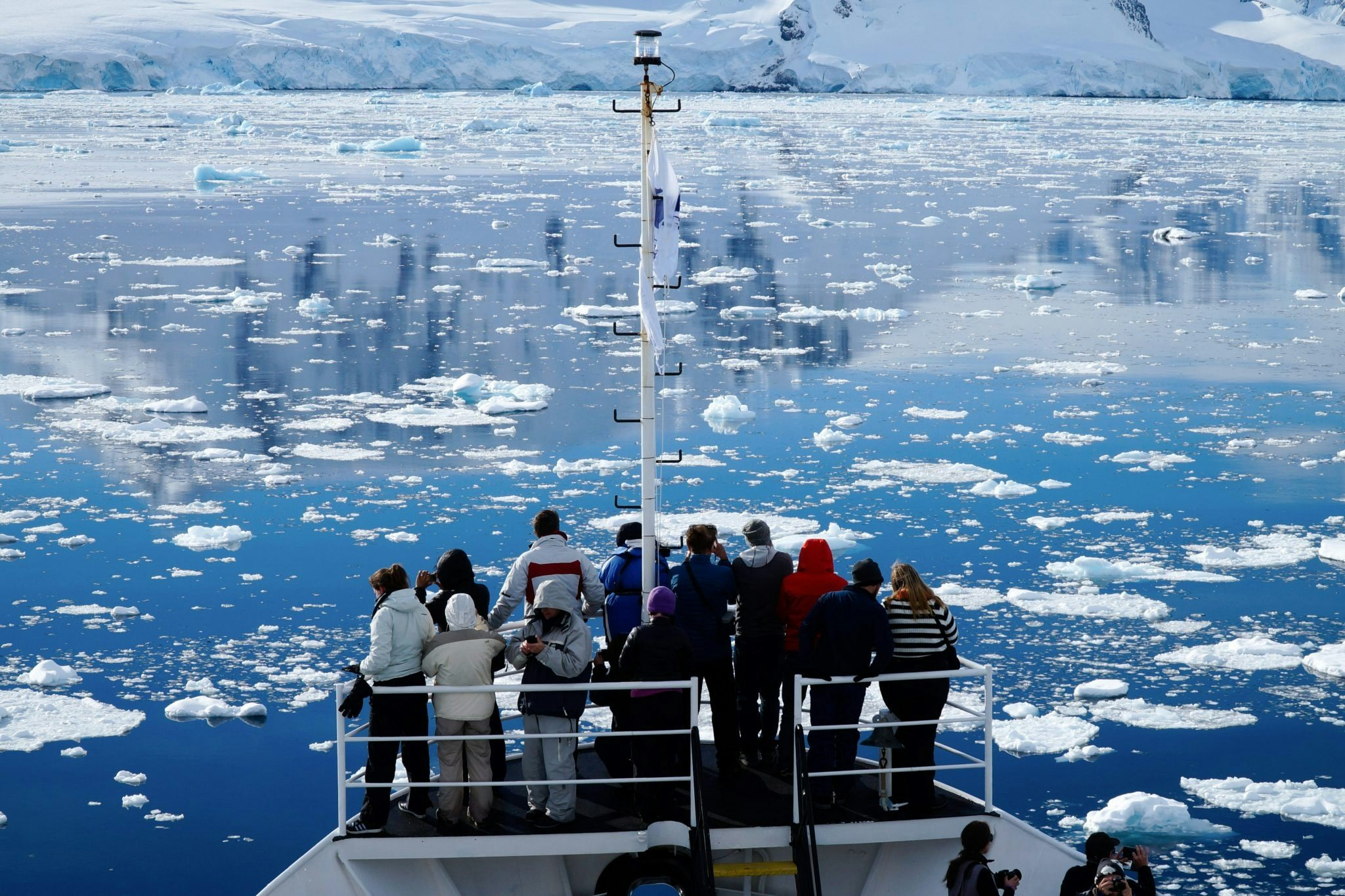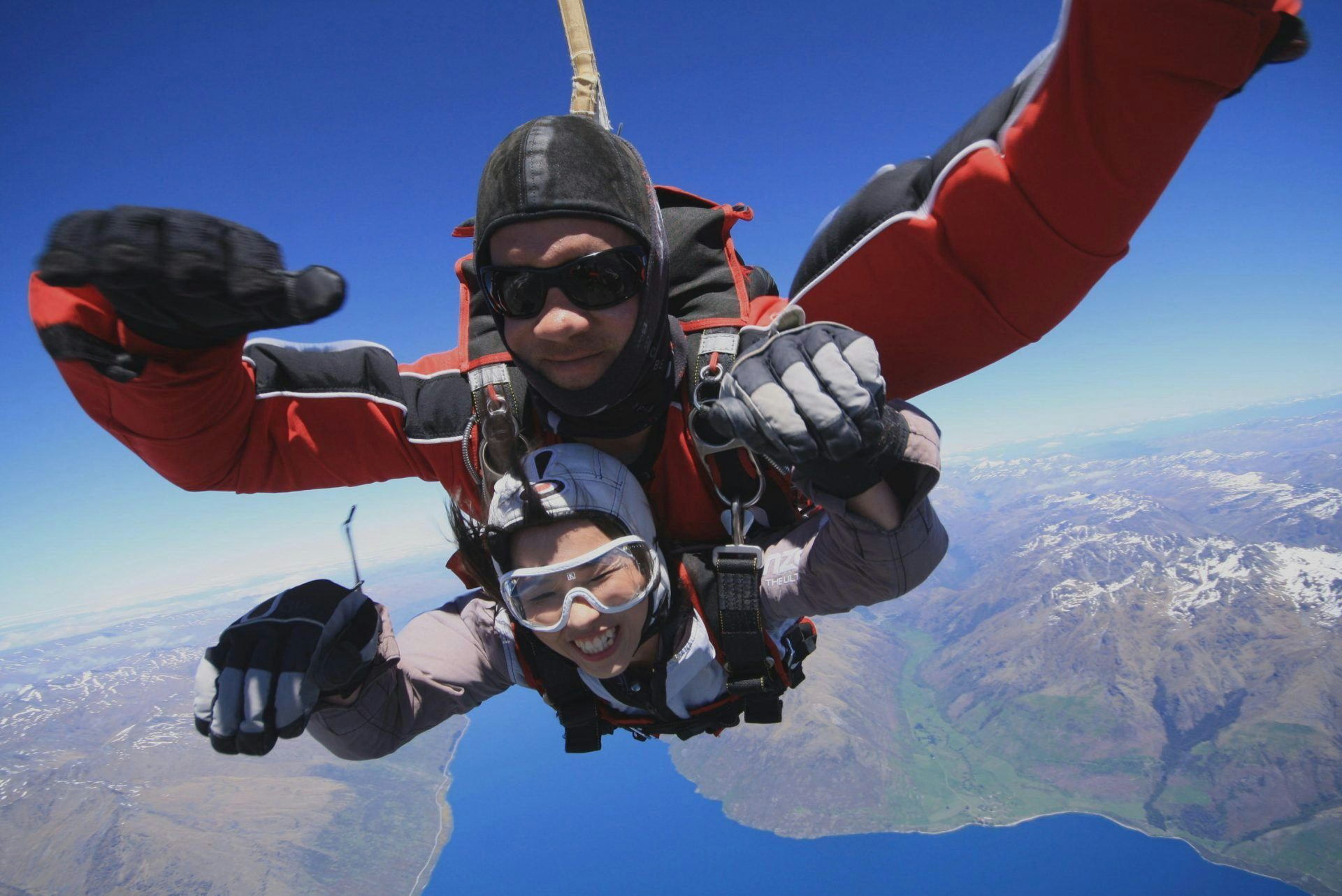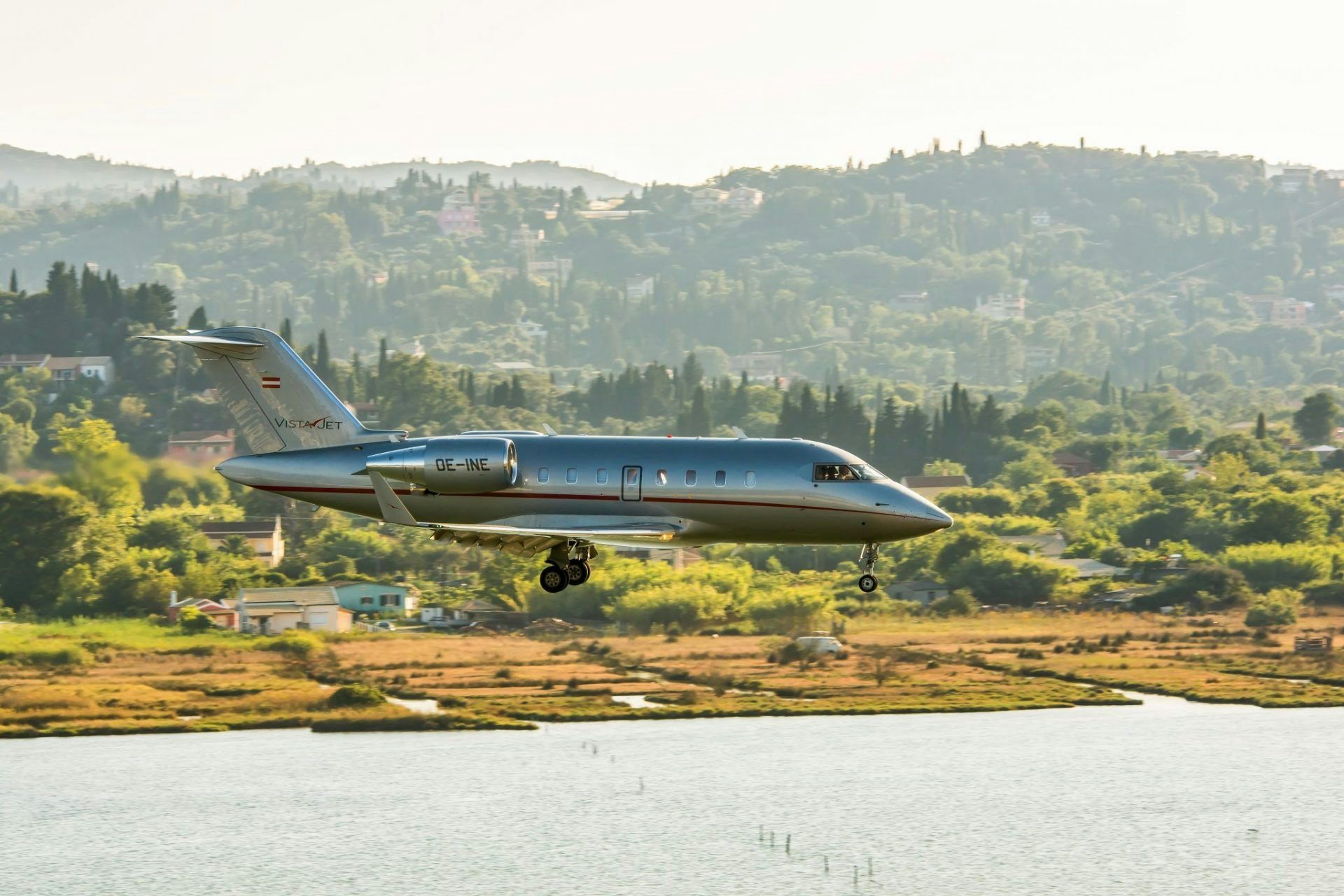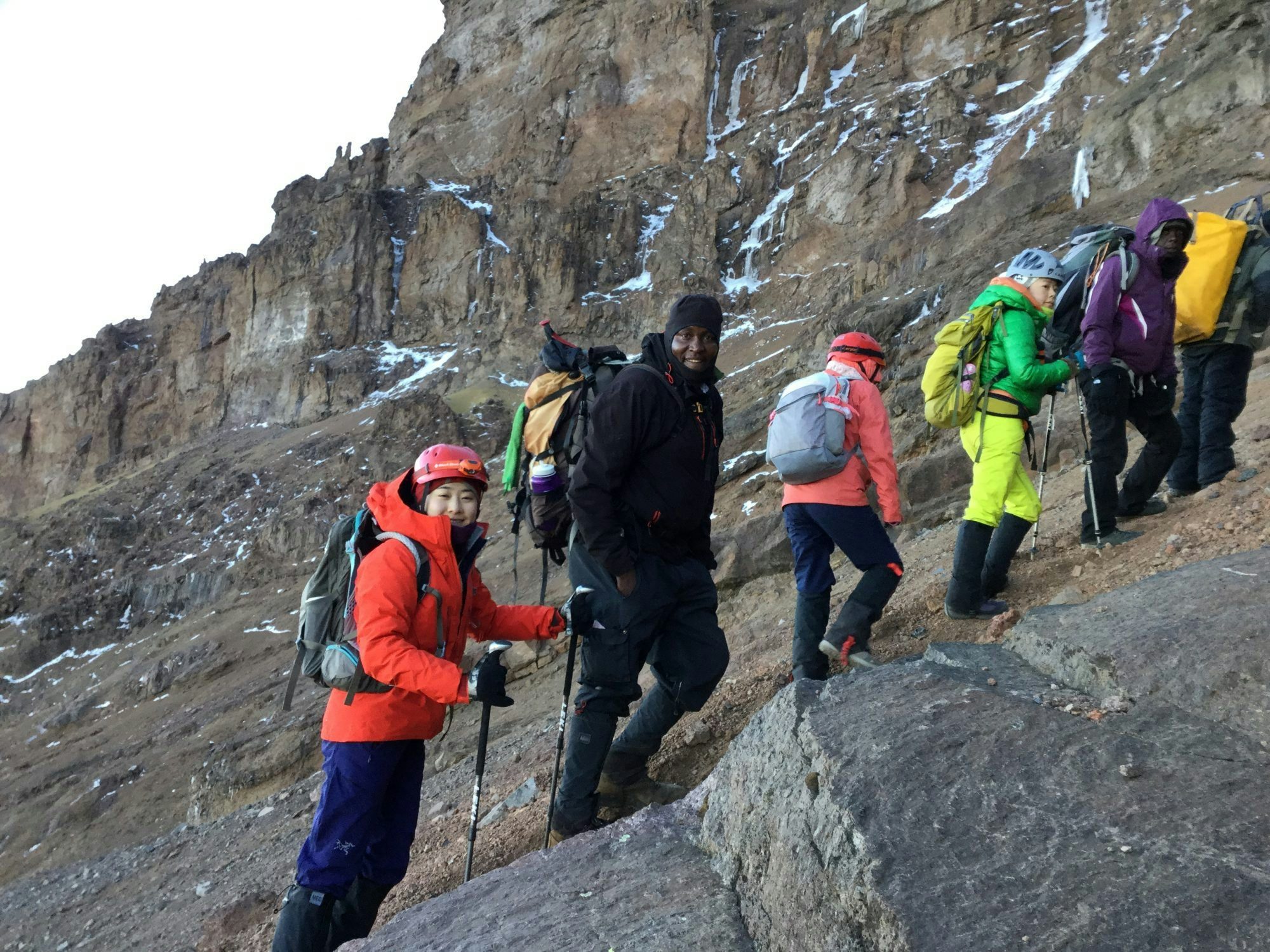While the concept of adventure travel in Western markets is as old as Marco Polo, until very recently, Chinese travelers had very limited options when it came to premium travel. This proved particularly true in regards to adventure travel to risky and exciting destinations, like the Himalayas or even Antarctica.
The last five to ten years have seen a dramatic increase in the variety of adventure and travel experiences that Chinese travelers want to experience and the term shendulü (深度游), or in-depth travel, has been used to describe experiences as diverse as mountain climbing and visits to local farmers markets.
Recently, more well-traveled Chinese who have already ticked off the major destinations have been demanding significantly more adventurous and exciting travel adventures that push them well out of their comfort zone.
A recent article examines the Chinese desire to undertake risky mountain climbing expeditions to Mount Everest outlines the inherent issues with unfit and inexperienced climbers taking on the monumental task of, as Sir Edmund Hillary put it, knocking "the bastard off".
With the recent opening of Antarctica to Chinese travelers, the number of Chinese tourists has grown significantly, from fewer than 100 in 2008 to 3,944 in 2016. Visitors from China are now the second largest group, and their numbers are expected to increase significantly.
But what’s driving the growth of these travelers? What kind of experiences are they looking for and what are their expectations from tour operators who take them there?
Undertaking a visit to Antarctica is a time consuming and expensive business, and those who can travel to places as far afield as Antarctica needed to have two main resources: time and money, indicating that visitors will most likely be business owners who can take off for a month with limited contact. The cost of such a trip can also well exceed 100,000 for the most premium services with chartered flights to the South Pole. Even the cheapest packages cost more than 20,000.
Because of the significant investment of time and resources, most of the Chinese travelers to the Antarctic are older than the average Chinese traveler, often in their late 40s or 50s. Interestingly, they are younger than their Western counterparts who are often in their 60s and 70s.
The logistics of getting to and from the continent are complicated. Travelers must go to either South America or South Africa before jumping aboard an expedition vessel with varying levels of comfort, particularly when traversing the Southern Ocean.
Those who are more cashed up may take the option of flying in a chartered jet — usually a bumpy Russian cargo plane or, if lucky, a private business jet. Food choices are limited, Wi-Fi is non-existent, and accommodation, while comfortable, is nothing like staying at a five-star hotel.
Once guests arrive in Antarctica, they spend about five days on the actual peninsula doing various day trips to view local wildlife and other natural attractions. Visitors to the South Pole itself must endure another flight on a very basic aircraft so they can take the obligatory destination photo.
Unfortunately, cashed up Chinese travelers, regardless of the difficulty of the destination, often expect the same levels of service and comfort as a trip to the United States, despite lengthy explanations from tour operators and guides about what they're in for. The overall attitude is that money buys everything, even clement weather. There remains an expectation that if they can pay for it, they will get what they want, regardless of the degree of difficulty.
Based on feedback from the few operators that take groups there, the main motivation for visiting Antarctica is ticking destinations off a bucket list and having the photographic evidence to prove it. There is far less interest in the journey and the experience itself. Perhaps as the travel market matures and the next generation of travelers begin to explore our planet’s natural wonders, there will be a greater desire to understand the importance of Antarctica, and not just treat as a place to tick off a list.
Jennifer Spark is Founder and Managing Director of Spark Communication and a regular contributor to Jing Daily.



